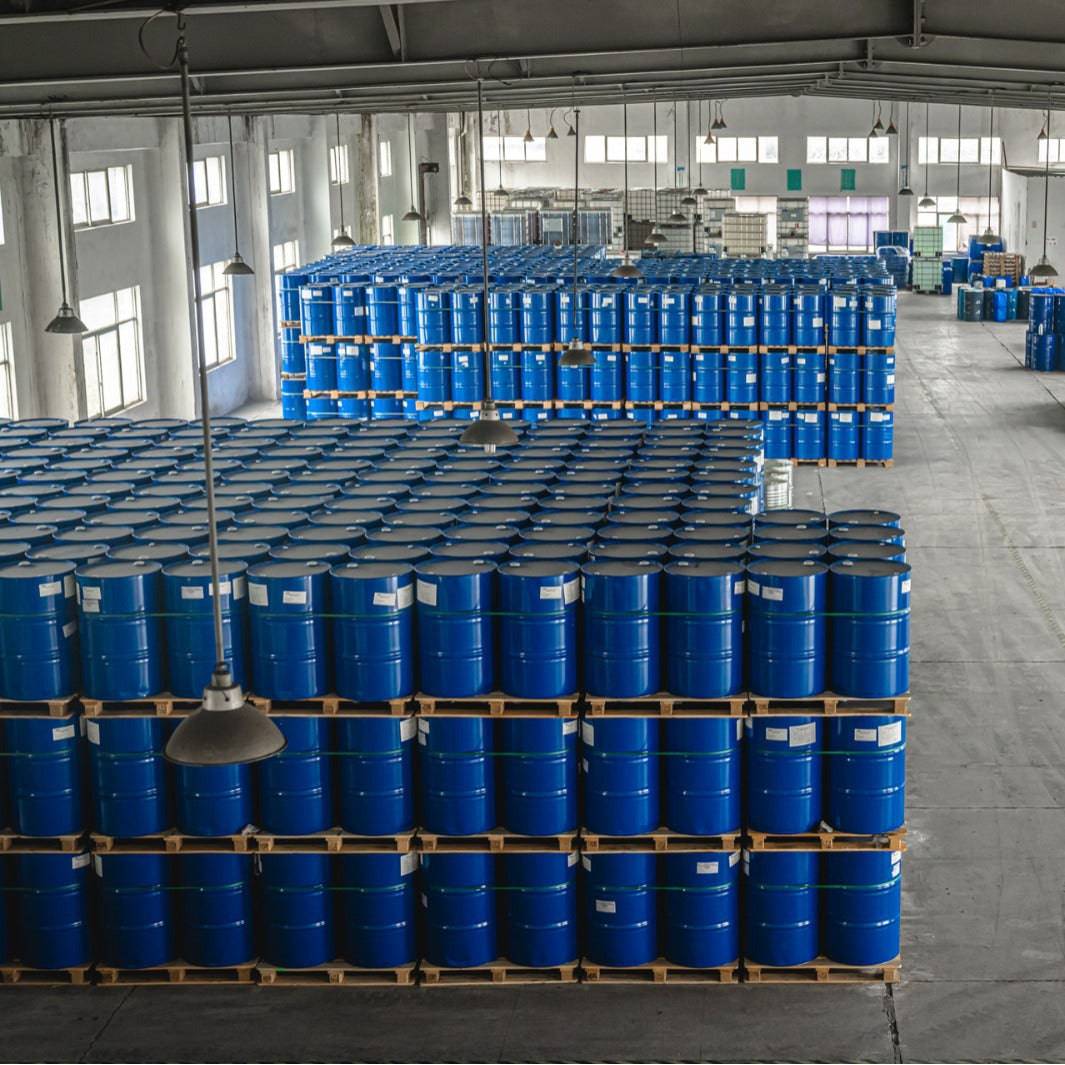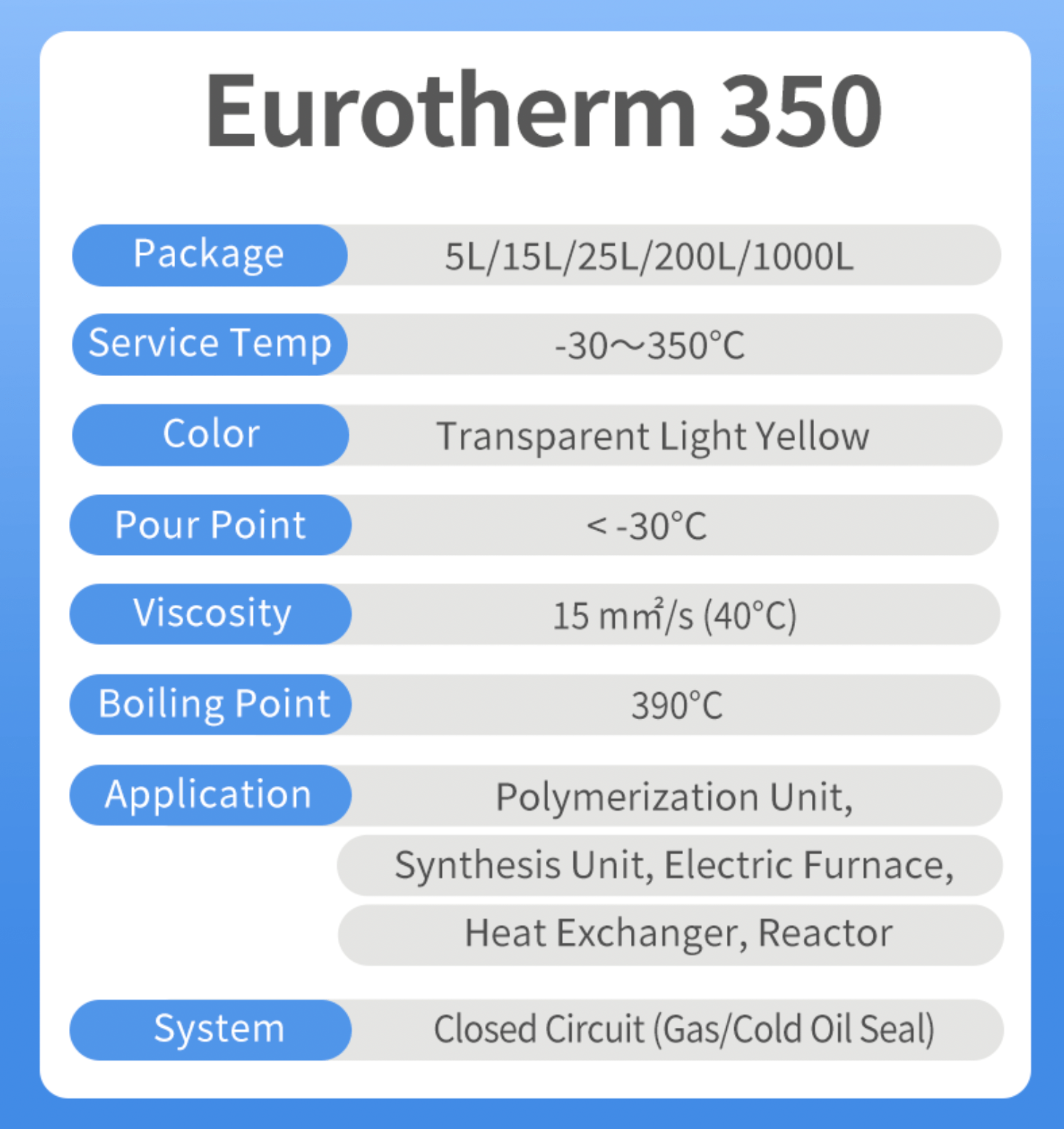Unknown Facts About Chemie
Unknown Facts About Chemie
Blog Article
Chemie Things To Know Before You Buy
Table of ContentsNot known Facts About ChemieNot known Facts About ChemieLittle Known Questions About Chemie.Chemie Can Be Fun For EveryoneThe Ultimate Guide To Chemie5 Simple Techniques For Chemie
(https://www.openlearning.com/u/betteanderson-spu5uc/)Measured adjustment in electric conductivity of liquid examples as a function of time when mixed with the material sample in the closed indirect cooling loophole experiment. Figure 6 shows the adjustment in the measured electrical conductivity of the liquid samples when stirred with the resin sample. The conductivity of the water sample from the closed loophole experiment decreased by roughly 70% from 11.77 S/cm to 3.32 S/cm in 6 hours.These outcomes indicated that the capability of the material relies on the examination liquid made use of for the experiment. This reveals that different ions present in the fluid will cause different ion exchange ability of the liquid. Consequently, determining the ion exchange resin ability with the fluid sample from the actual cooling loophole is very important.
Chemie for Beginners
An ion exchange resin cartridge consisting of 20g of Dowex mixed bed material might take on order 938 days to fill - heat transfer fluid. To put it simply, to maintain a low electrical conductivity, a resin cartridge with the dimension and weight requirements as that of the material cartridge utilized in the experiment, need to be altered every 30 months for the air conditioning system that was made use of in the experiment
The cooling of digital components has become a major challenge in recent times due to the innovations in the layout of faster and smaller sized components. Consequently, different air conditioning modern technologies have been created to efficiently get rid of the warm from these parts [1, 2] The use of a fluid coolant has actually come to be attractive as a result of the higher heat transfer coefficient achieved as compared to air-cooling.
Chemie Can Be Fun For Anyone
A single stage cooling loophole consists of a pump, a warmth exchanger (chilly plate/mini- or micro-channels), and a heat sink (radiator with a fan or a liquid-to-liquid warmth exchanger with cooled water air conditioning). The warm source in the electronic devices system is connected to the heat exchanger.
The requirements may vary depending on the sort of application. Following is a checklist of some general requirements: Excellent thermo-physical homes (high thermal conductivity and particular heat; reduced thickness; high hidden warmth of evaporation for two-phase application) Reduced freezing point and ruptured point (occasionally burst defense at -40 C or lower is required for delivery and/or storage space objectives) High climatic boiling factor (or low vapor stress at the operating temperature) for single phase system; a slim desired boiling point for a two-phase system Excellent chemical and thermal stability for the life of the electronic devices system High flash point and auto-ignition temperature (sometimes non-combustibility is a requirement) Non-corrosive to materials of building and construction (metals along with polymers and other non-metals) No or minimal regulatory restraints (eco-friendly, harmless, and perhaps biodegradable) Cost-effective The finest electronics coolant is a cost-effective and nontoxic fluid with exceptional thermo-physical residential properties and a long life span.
The Ultimate Guide To Chemie
The majority of these liquids have a non-discernible smell and are nontoxic in situation of call with skin or consumption. As mentioned before, aliphatic PAO-based liquids have changed the silicate-ester fluids in a range of army electronics (and avionics) cooling down applications in the last years. An additional class of popular coolant chemistry is dimethyl- and methyl phenyl-poly (siloxane) or typically called silicone oil.
Fluorinated compounds such as perfluorocarbons (i.e., FC-72, FC-77) hydrofluoroethers (HFE) and perfluorocarbon ethers (PFE) have certain special buildings and can be used in call with the electronics [4, 8] Of all, these liquids are check these guys out non-combustible and non-toxic. Some fluorinated compounds have no ozone depleting potential and other environmental properties.
This coolant is classified as toxic and ought to be taken care of and disposed of with care. The top quality of water utilized for the preparation of a glycol service is very crucial for the system.
Chemie for Beginners

Besides absence of poisoning, it has no benefits over ethylene glycol, being greater in cost and even more thick. This is an inexpensive antifreeze service, finding usage in refrigeration solutions and ground source warm pumps. Similar to glycols, this can be hindered to stop corrosion. This fluid can be utilized down to -40 C owing to its relatively high rate of warm transfer in this temperature level range.
It is taken into consideration more harmful than ethylene glycol and as a result has actually discovered usage just for procedure applications located outdoors. Methanol is a flammable liquid and, as such, introduces a potential fire risk where it is saved, dealt with, or used.
The Best Guide To Chemie
As a combustible liquid, it calls for particular precautions for dealing with and storage. Liquid services of calcium chloride find broad use as distributing coolants in food plants. It is non-flammable, safe and thermally extra reliable than the glycol remedies. A 29% (by wt.) calcium chloride service has a freezing factor listed below -40 C.

Report this page